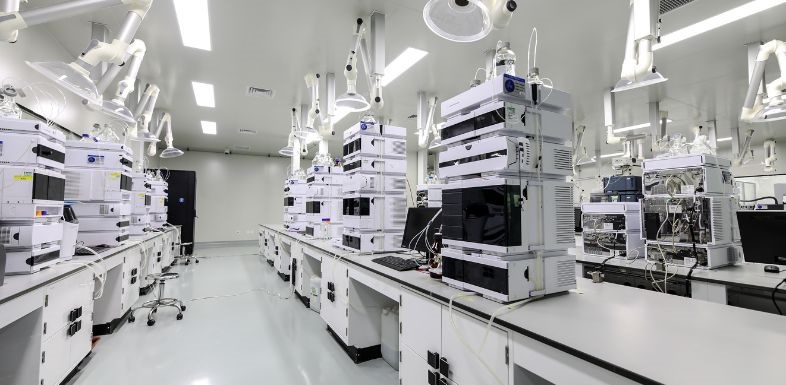Important Strategies for Avoiding Mistakes in Your Lab

It is hard for clients to trust a lab that makes constant errors. Enhance your reliability with these important strategies for avoiding mistakes in your lab.
17th October 2024: When clients receive test results from your laboratory, they count on your findings to be as accurate as possible. However, mistakes in your lab can lead to compromised results and a damaged reputation. This makes it important to ensure that your lab does its best to minimize errors. Read on to learn several important strategies for avoiding mistakes in your lab.
Have Your Equipment Serviced Regularly
Maintaining your laboratory equipment is essential for ensuring accuracy. If you don’t have someone to support your tools regularly, it can lead to inconsistent results or failure, disrupt workflow, and compromise data integrity. Make sure you research what to look for in a lab equipment service provider and hire the right one to keep your tools in top condition.
Employ External Assessment Programs
Another strategy for avoiding mistakes in your lab is to utilize an external assessment program. These provide an objective evaluation of a lab’s processes and quality controls. Proficiency testing can identify discrepancies in your data and provide insights into areas where you need improvement.
Participation in these assessments also fosters a culture of continuous improvement and ensures that your laboratory meets industry standards. By comparing your performances against external benchmarks, your lab can maintain credibility and trust with clients and stakeholders.
Create Employee Checklists
An employee checklist can also be a useful tool for ensuring consistency and completeness in laboratory tasks. Develop detailed checklists for routine procedures that outline each step necessary to complete a task accurately.
Checklists help minimize human error by providing a clear reference point for technicians, which is especially helpful during complex or repetitive procedures. Encourage employees to update checklists as protocols evolve, ensuring that they remain relevant and useful.
Avoid Giving Associates Too Many Tasks
One last strategy for reducing errors in your lab is to avoid overloading associates with too many tasks. Giving them more than a manageable amount of work can lead to stress, fatigue, and an increased likelihood of mistakes. It’s important to balance workloads appropriately to ensure your staff members can properly focus on each task.
Evaluate your task distribution and consider implementing shift rotations or hiring additional staff if necessary. Encouraging open communication with team members also allows for early identification of potential bottlenecks and helps them prioritize tasks effectively.
Adopting these strategies will help your laboratory reduce the risk of errors and improve reliability. Implement these practices today to improve your performance and your reputation in your market.
